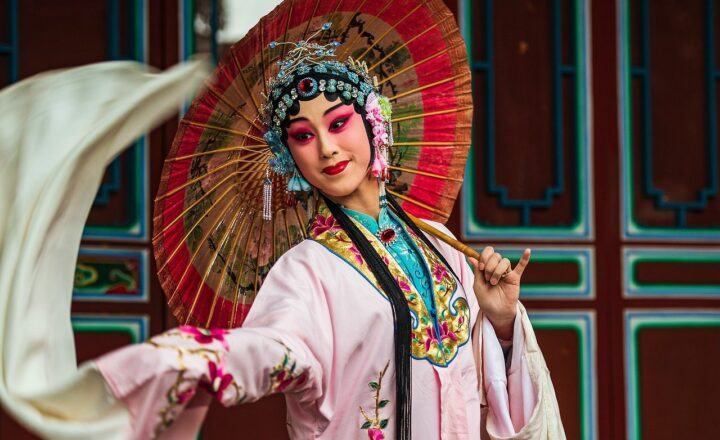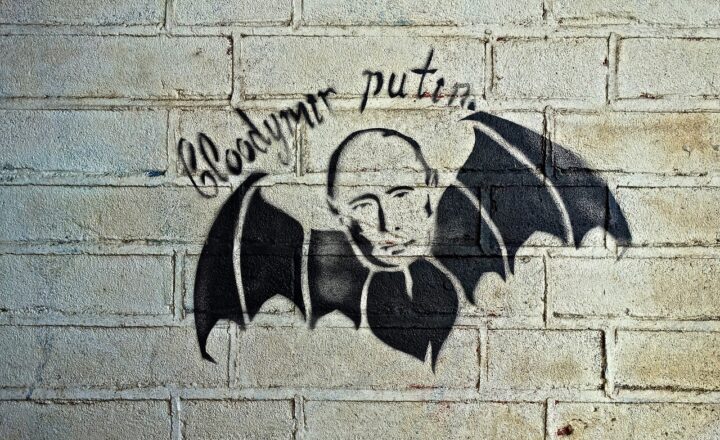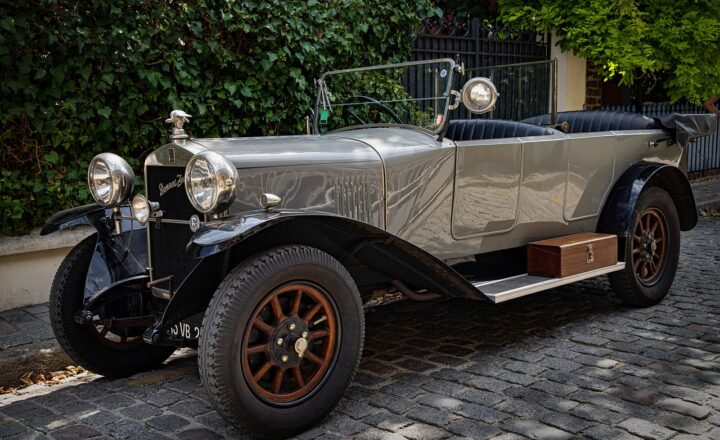Why the 80s Remain the Pinnacle of Pop Culture Creativity
November 18, 2024

The 1980s were a remarkable decade that forever changed the landscape of pop culture, born from a perfect storm of technological innovation, eclectic music styles, and a vibrant visual aesthetic. From the rise of MTV to iconic films, and into the emergence of video games, the 80s held a creative energy that set the stage for trends and ideas that are still celebrated today.
1. The Birth of MTV and the Visual Music Revolution
MTV was launched on August 1, 1981, and it transformed the music industry forever. Artists recognized that visuals could enhance the storytelling of their songs, giving rise to a new category of creative expression. The music video became an essential tool for artists like Michael Jackson, Madonna, and Prince, who didn’t just sell records—they sold an immersive experience.
Popular songs such as “Thriller” and “Like a Virgin” became cultural phenomena, with flashy visuals and memorable choreography that captivated audiences. The synergy between sight and sound defined a generation and ushered pop music into the mainstream.
2. Iconic Films: A New Wave of Storytelling
The film industry experienced a renaissance during the 1980s, as storytellers began pushing narrative boundaries with innovative concepts. Director Steven Spielberg, along with contemporaries like John Hughes and George Lucas, produced films that are still considered classics today.
Movies such as “The Breakfast Club,” “Back to the Future,” and “Jurassic Park” showcased compelling narratives and unforgettable characters, as well as iconic catchphrases that entered the cultural lexicon.
The 80s also saw the rise of the blockbuster, with “Star Wars: Episode V – The Empire Strikes Back” and “Indiana Jones: Raiders of the Lost Ark” delivering larger-than-life adventures that resonated globally.
3. The Revitalization of Fashion: Bold Statements and Distinctive Styles
The fashion of the 1980s was nothing short of revolutionary. Designers like Gianni Versace and Jean-Paul Gaultier experimented with bold patterns, bright colors, and materials that inspired a radical departure from previous norms. This was the decade of leg warmers, oversized blazers, and high-top sneakers—all making bold statements that reflected the more liberated cultural sentiments of the time.
Fashion also became closely tied to celebrity, as stars like Madonna and Cyndi Lauper used their public images to influence trends. Everything from hairstyles to makeup emphasized individuality and self-expression, catering to a generation eager for change.
4. The Video Game Revolution: A New Form of Entertainment
The 1980s were transformative for the video game industry, with the introduction of home consoles and arcade culture taking off. Companies like Nintendo changed the gaming landscape, introducing franchises like “Super Mario Bros.” and “The Legend of Zelda” that are still popular today.
Video games became a distinct cultural force, appealing to a demographic that spanned different ages. Arcade games like “Pac-Man” and “Donkey Kong” exploded in popularity and fostered social interaction in gaming. The excitement of gameplay and competition provided an engaging outlet for creativity that clubs or social gatherings previously fulfilled.
5. Political Context: Reflection of Society and Change
The political atmosphere of the 80s, marked by figures like Ronald Reagan and Margaret Thatcher, played a significant role in shaping pop culture. This was a time when the threat of war loomed and global events sparked movements. Artists created content that addressed social and political issues, allowing pop culture to engage with the consciousness of the public.
Musicians like Bruce Springsteen and U2 aligned their outputs with political activism, giving voice to the sentiments of disenfranchised youth. Similarly, films like “The Terminator” explored the implications of technology and dystopia, reflecting fears that resonated deeply during the Cold War.
6. The Legacy: Lasting Impact on Today’s Culture
The legacy of the 1980s can still be felt across multiple sectors of modern pop culture. The nostalgia for this era manifests through reboots, remakes, and vintage-inspired fashion that often becomes current again.
Television shows like “Stranger Things” leverage the aesthetic and cultural dynamics of the 80s to resonate with a new generation, showcasing how deeply intertwined this decade remains with today’s societal references.
Conclusion: Creativity at Its Pinnacle
In summation, the 1980s remain a cherished era of unparalleled creativity that set the foundation for modern pop culture. The amalgamation of music, film, fashion, and video games during this dynamic period has left an indelible mark on future generations. As we continue to celebrate the revolutionary creations of the 80s, it’s evident that pop culture from this remarkable decade will always hold a unique place in our hearts.








